By Shawn Gold, Founder PilgrimSoul.com
In the 20th century, cannabis users were painted as degenerate, lazy, and underachieving.
Historically, this stigma associated with cannabis is only a phenomenon of the last 80+ years and built upon government-funded propaganda rather than independent research or evidence.
In the 19th century, cannabis's prominence and its benefits continued to spread, most notably, among progressive, creative circles. In these creative circles, creative thinkers identified and experienced first-hand the positive impact that cannabis could have on their innovative mindset and creative output.
Indeed, a wide array of creative thinkers have used cannabis to fuel their ideas, even if they did not publicly announce so.
In the elite circles of music and comedy, you'd be hard pressed to find artists who have not used cannabis for creative inspiration. According to Paul McCartney, The Beatles song, “Got to Get You into My Life,” is about cannabis.
There continues to be more and more research that reveals the actual benefits cannabis has in terms of creative thinking. And while the use of cannabis to enhance creative thinking largely depends on responsible dosage, millions of use cases amongst artists demonstrate how cannabis can promote imagination and creativity.
Here are ten exceptionally influential authors, in no particular order, who used cannabis to fuel their creative thinking and output to bring forth literary classics still renowned today.
1. Maya Angelou (1928 – 2014)
Maya Angelou said her life changed for the better in 1946 when she was first introduced to cannabis by two lesbian sex-workers. From then on, Angelou claimed cannabis as a longtime muse and friend.
Disciplined and strategic with her usage, Angelou understood the many beneficial qualities that cannabis displayed.
A testament to her relationship with cannabis is portrayed in her most famous novel: I Know Why the Caged Bird Sings. It is here that Angelou credits her strategic use of cannabis for allowing her to overcome her childhood trauma and abuse and reach a point in her life where she was able to thrive.
2. Victor Hugo (1802 – 1885)
Responsible for single-handedly bringing forth classics like Les Misérables and The Hunchback of Notre Dame, Victor Hugo is one of the most famous, talented, and respected creative minds of French literature.
Hugo also happened to be a complete cannabis fanatic, with hashish being his favorite method of consumption. Hugo was a member of the Club des Hashischins, which translates to Club of Hashish Eaters.
This notorious club of creative thinkers was dedicated to understanding and exploring drug-induced experiences and how these intoxicating sensations affected their creativity.
3. Alexandre Dumas (1802 – 1870)
"One for all, and all for one." If this quote rings any bells, then it's because Alexandre Dumas and his work have proved themselves to be timeless classics. Dumas is perhaps best known for authoring, The Three Musketeers.
A peer of fellow writer Victor Hugo, and a member of the Club des Hashischins, Dumas believed that consuming cannabis could prove beneficial in expanding writers' literary minds.
Dumas frequently mentions hashish in his writing, especially in the unabridged version of The Count of Monte Cristo.
4. Alice B. Toklas (1877 – 1967)
Ever have the opportunity to indulge in a rich and decadent pot brownie? Well then, thank Alice B. Toklas for popularizing the recipe and revolutionizing cannabis consumption with her cookbook.
She was a lifelong partner to Gertrude Stein, and it was after Stein's death that Toklas published her cookbook, The Alice B. Toklas Cookbook.
It was here that the masses gained access to the notorious recipe known then as "Hashish Fudge."
Toklas's notoriety and cultural contributions live on to this day.
5. Hunter S. Thompson (1937 – 2005)
No list about authors on cannabis would be complete without mentioning the gonzo journalist turned author Hunter S. Thompson.
A controversial, revolutionary figure in both the worlds of journalism and literature, Thompson's most famous work, Fear and Loathing in Las Vegas, was inspired by a concoction of cannabis, alcohol, and LSD, among other things.
Thompson's untamed persona helped the writer gain a sizable platform, which he used to advocate for cannabis legalization and environmental protection.
As if his literary works, like Fear and Loathing in Las Vegas and The Rum Diary, weren't enough to carry on his legacy, in 2016 Thompson’s widow announced she had found a way to clone his personal strains of cannabis for purchase.
6. Louisa May Alcott (1832 – 1888)
This little woman liked to get high. In the words of Louisa May Alcott, "Heaven bless hashish."
If that quote doesn't hint towards the author's love and view of cannabis, perhaps some of her other work will speak for itself.
Louisa May Alcott is best known and still celebrated for writing Little Women and its many sequels. Alcott's timeless works have engrained themselves into the long list of American Classics, with Little Women being a clear American staple.
However, what many people fail to realize about Alcott is how far her writing career extended. Alcott, who is known for drawing from her personal experiences, published a series of short stories, like "Perilous Play" and "A Modern Mephistopheles," that touched upon the subject of cannabis usage.
These stories, which often involved Alcott's favorite, hashish, often involved characters overindulging and dealing with subsequent shenanigans. Some literary critics would even argue that Alcott and her short stories about the casual usage of hashish are among the first stoner comedies ever written.
7. Susan Sontag (1933 – 2004)
Much like the other authors featured on this list, Susan Sontag was a writer way ahead of her time. Known for writing about anything from politics to pornography, Sontag made a career as a culture critic and essayist.
Sontag was not shy about using her voice to critique topics that other writers did not dare approach. Her essays about the Vietnam War and the AIDS epidemic voiced the opinions of the voiceless.
Sontag was a longstanding and vocal advocate for the benefits of cannabis and often even denounced other drugs like alcohol. In her famous 1973 interview with High Times, Sontag says, "I think a society which is addicted to a very destructive and unhealthy drug – namely alcohol – certainly has no right to […] censor the use of a drug [cannabis] which is much less harmful."
8. William Shakespeare (1564 – 1616)
In 2015, Time magazine wrote about scientists detecting traces of cannabis in pipes found in William Shakespeare's garden.
If true, you can't find a more famous cannabis user than that. Shakespeare's numerous plays continue to be widely studied, produced, and praised, despite being written centuries ago.
Shakespeare is lauded nearly universally for his intricate storylines, characters, and social commentary, even in contemporary times.
The Time story adds some historical context to the state in which he wrote his plays. It suggests that Shakespeare may have been quite the cannabis connoisseur during his lifetime.
While excavating Shakespeare's garden, a team of South African researchers discovered a pipe. After analyzing the pipe and its contents, the researchers were astonished that the pipe had traces of cannabis.
While there is still no official consensus, it is hard to debunk this newfound evidence given Shakespeare's prolific creativity.
9. Isak Dinesen (1885 – 1962)
Remember the epic romantic drama Out of Africa starring Meryl Streep and Robert Redford? Well, Isak Dinesen, the pseudonym of Danish author Karen von Blixen, is responsible for writing the same name's novel, based on her own experiences.
Dinesen maintained quite a captivating reputation during her lifetime, one that seemingly made her larger than life.
Dinesen was known to have been courted, unsuccessfully, by Timothy Leary, Orson Welles, and even Marilyn Monroe.
Dinesen, a close friend to Aldous Huxley, was widely known for frequently experimenting with different strains of cannabis and being quite open about it. Dinesen's life and habits were closely documented in The Life of a Storyteller by Judy Thurman.
10. Joyce Carol Oates (1938 – Present)
Author of over 40 novels and countless short stories, Joyce Carol Oates, is a living, breathing creative genius. Oates's work is well on track to being deemed literary classics, if not already considered so.
Though well into her career, in 2013 at the age of 75, Oates published her short story, "High." The story follows an old widow who begins smoking cannabis after the death of her lifelong husband. Throughout the tale, cannabis acts as a medicine that allows the widow to process her grief.
Although Oates's doesn’t seem have publicly admitted to cannabis consumption, her depiction of cannabis, especially back in 2013, was clear about her cannabis advocacy and depicted the far-reaching impact that cannabis continues to deliver.
Are you still missing out on The Bluntness newsletter? Sign Up today to stay in the loop.
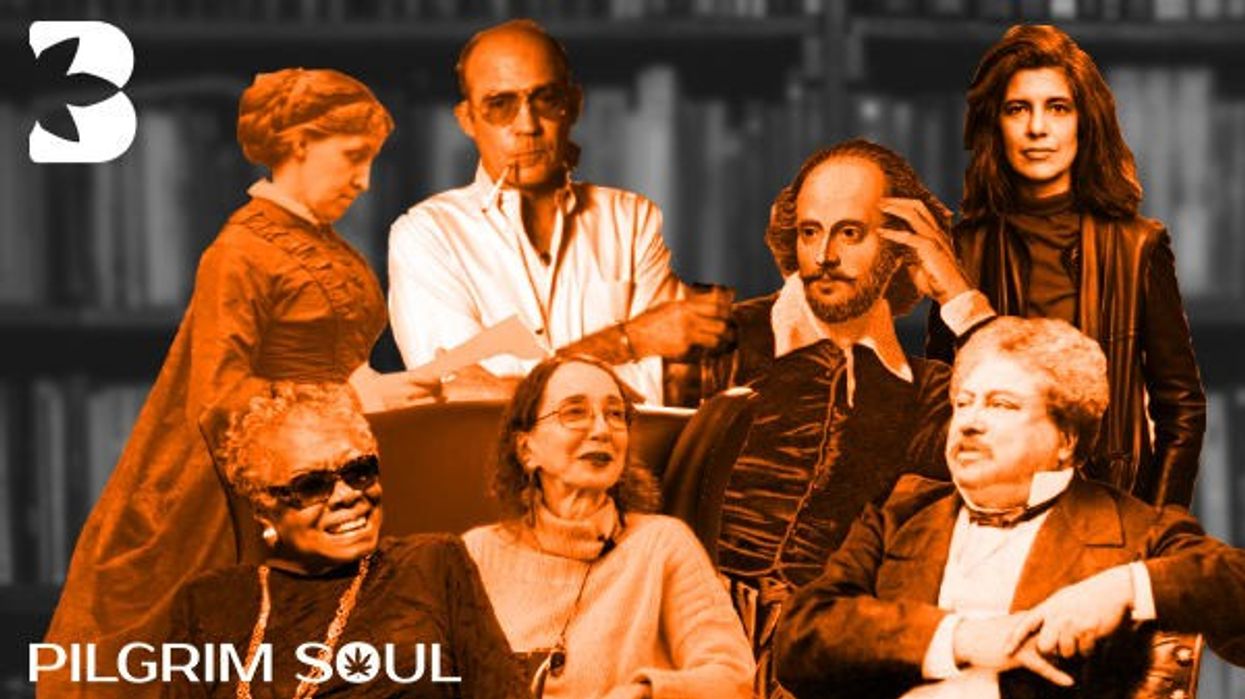






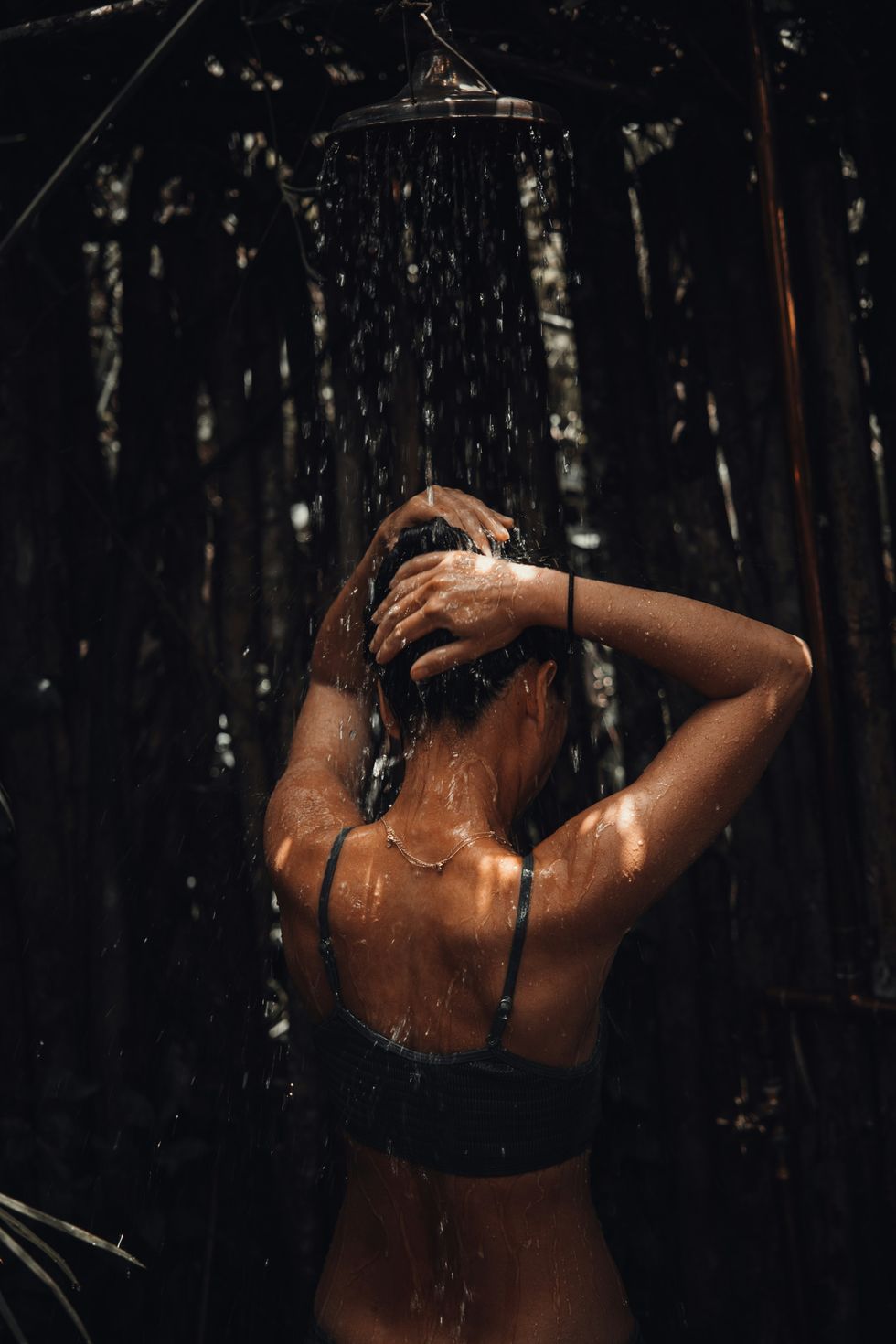 11 Signs You've Greened Out and How to Handle It - The Bluntness
Photo by
11 Signs You've Greened Out and How to Handle It - The Bluntness
Photo by  11 Signs You've Greened Out and How to Handle It - The Bluntness
Photo by
11 Signs You've Greened Out and How to Handle It - The Bluntness
Photo by 


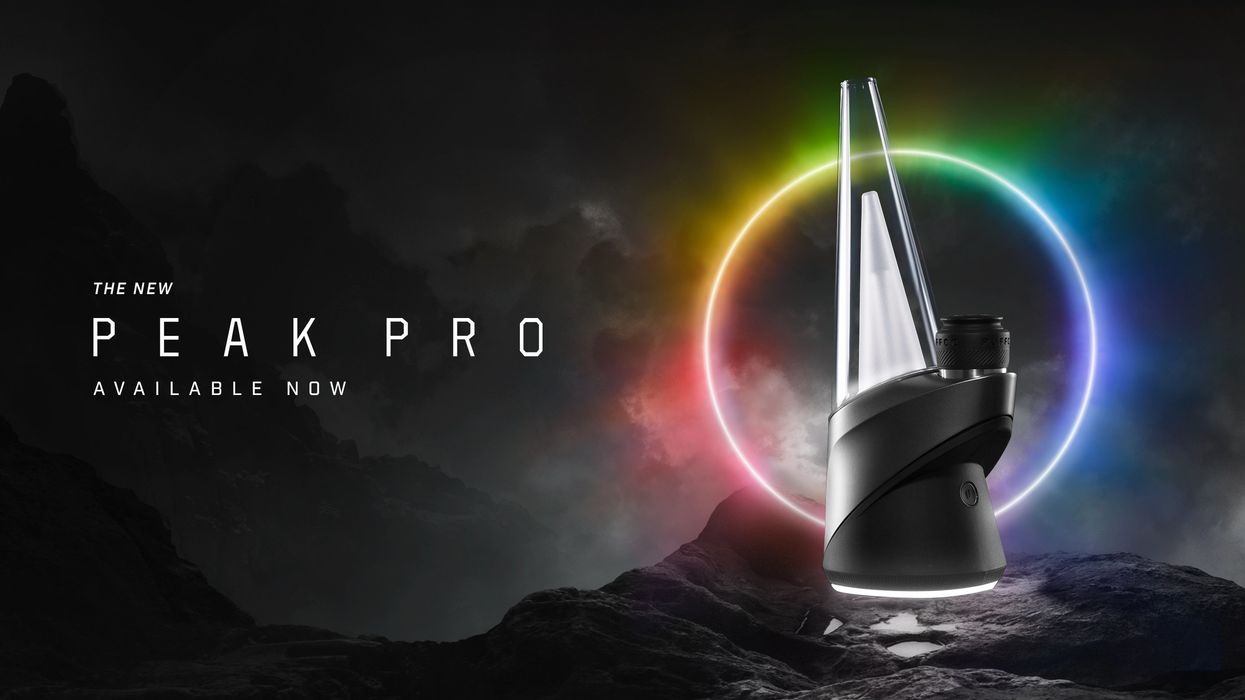

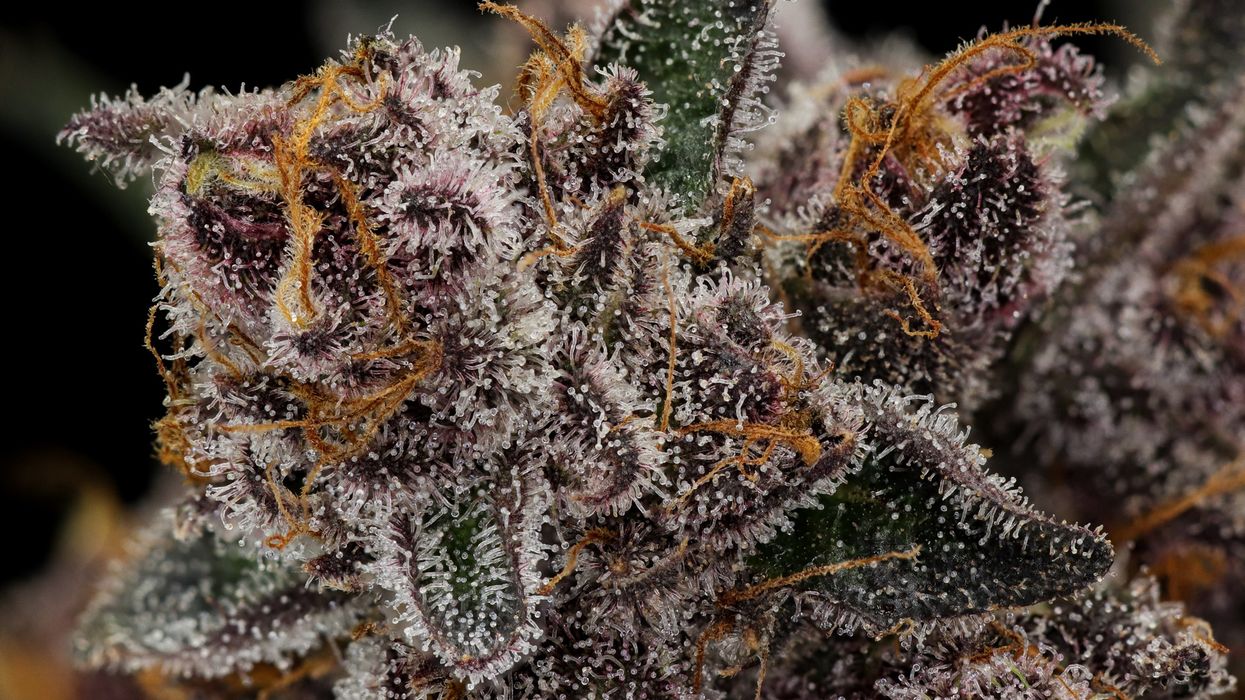

 Can Drug Dogs Smell Edibles? - The Bluntness
Photo by
Can Drug Dogs Smell Edibles? - The Bluntness
Photo by 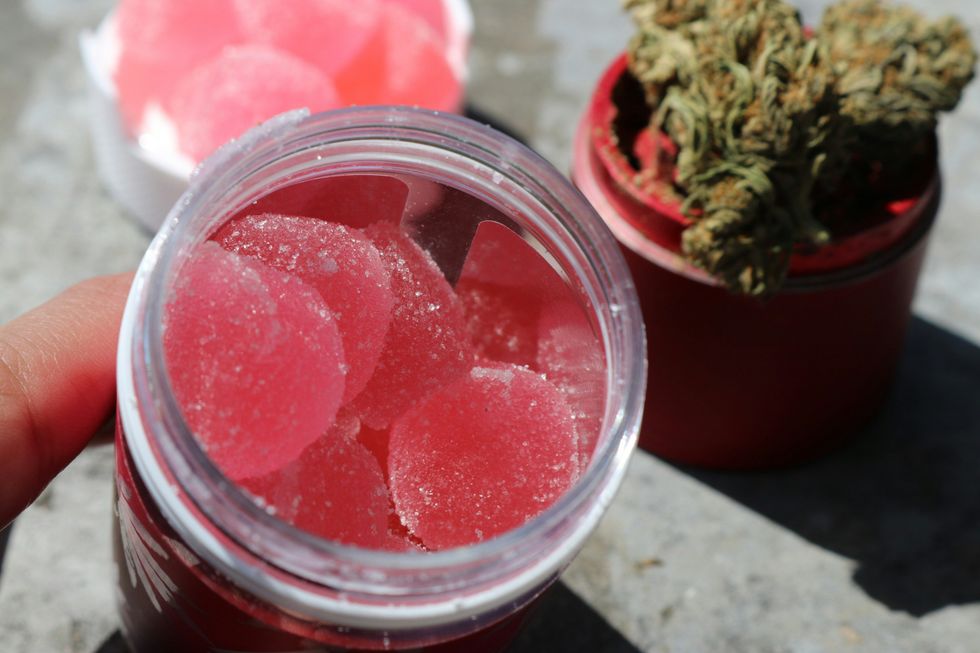 Can Drug Dogs Smell Edibles? - The Bluntness
Photo by
Can Drug Dogs Smell Edibles? - The Bluntness
Photo by 
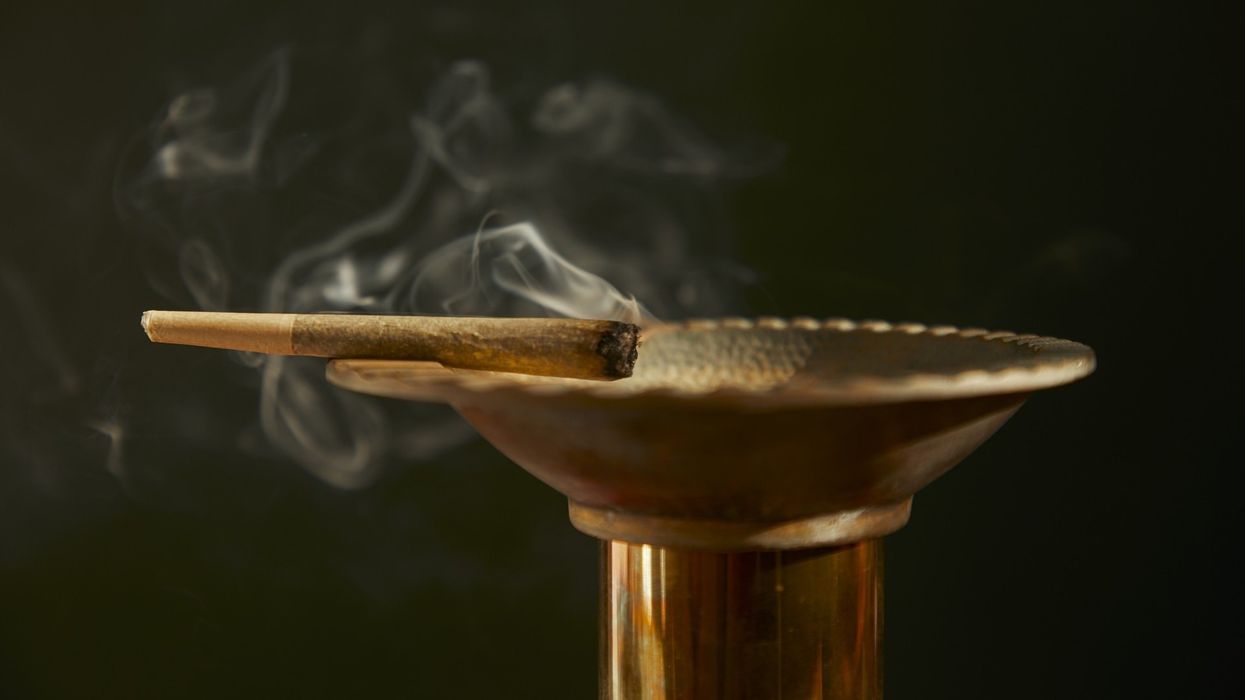
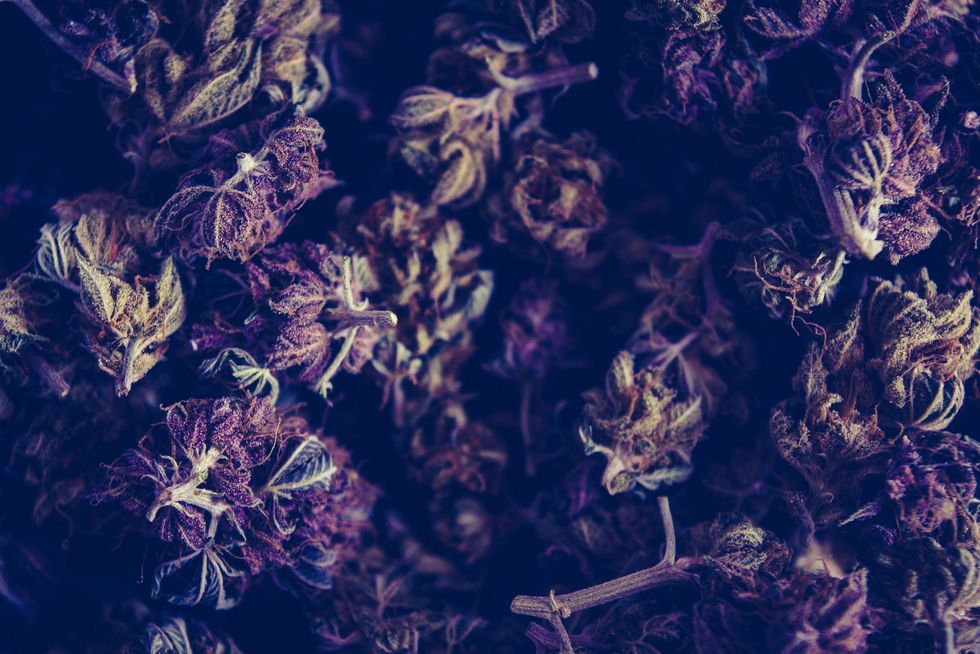 What is reggie weed? - The Bluntness
Photo by
What is reggie weed? - The Bluntness
Photo by 